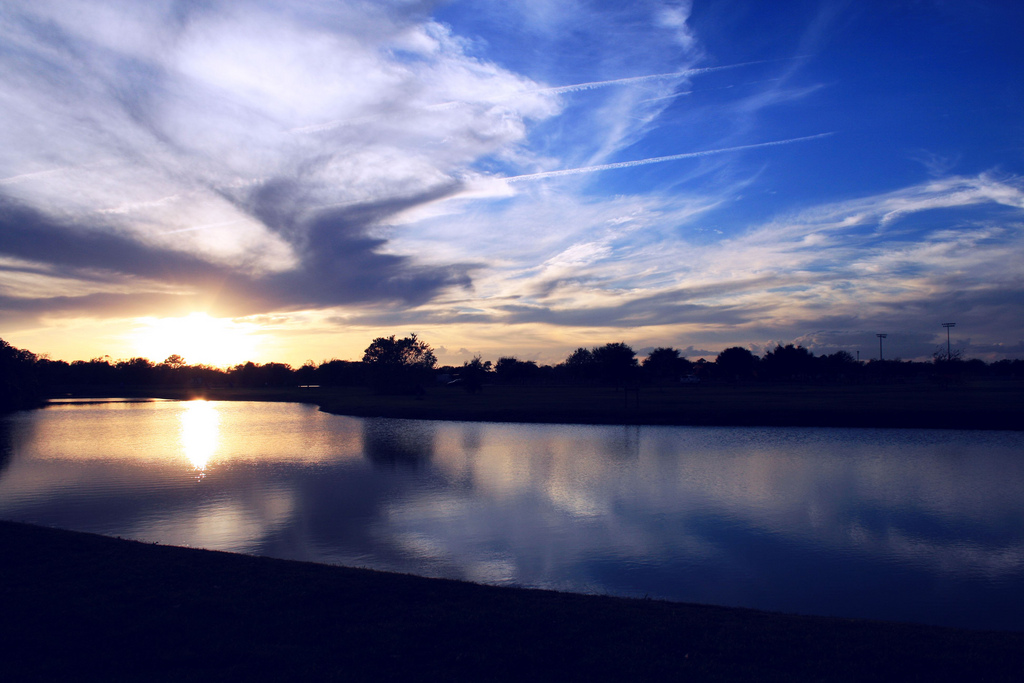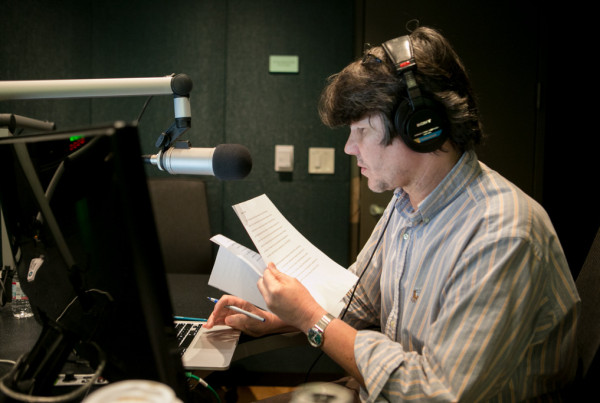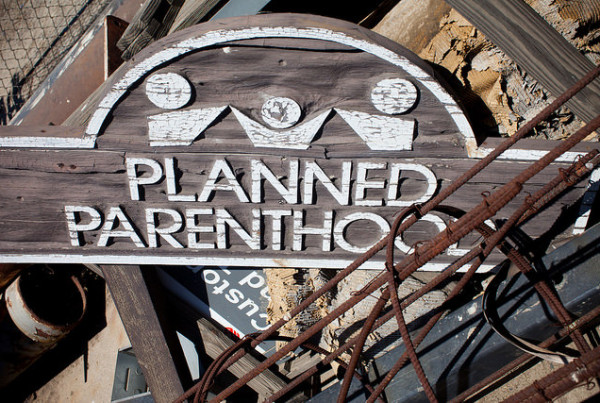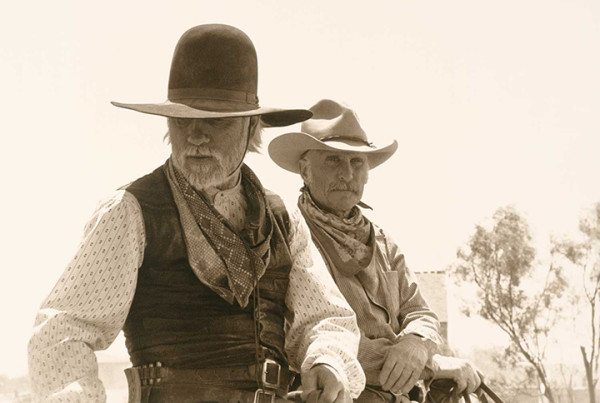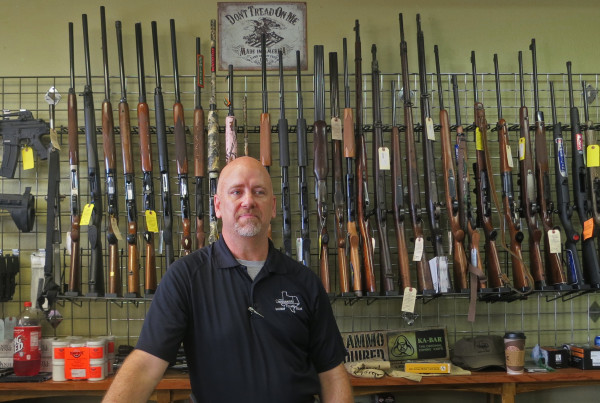This story originally appeared on Houston Public Media.
Drive an hour south of Houston and you’ll pass acres of farm land and little towns like Van Vleck. A couple thousand people live here. But the town caught the eye of an international company with very deep pockets.
A couple years ago, no less than the governor of Texas came here to welcome the company called Tenaris because it was breaking ground for a new plant to make steel pipe. A really big and expensive plant.
“We’re ready to invest one point three one point five billion dollars,” said German Cura , Tenaris’s North American Manager. “This will be a state-of-the-art facility.”
The plant is still under construction, but the pipe it will eventually make will be used to drill for and to move oil & gas, an industry that’s slowed dramatically in Texas. Tenaris says that’s caused adjustments to the construction schedule but the company says the plant will be fully operational by 2017.
But here’s the thing. The Tenaris pipe plant is just one of many billion dollar projects underway in or near Brazoria County. Industrial plants are expanding to use the abundant and cheap natural gas produced in Texas and other states to power their furnaces or to make chemicals.
“Nothing slow down down here, it’s booming a little bit more,” said Tony Avalos who we found doing plumbing work in the nearby town of West Columbia, population 4,000.
He’s a long-time resident of Brazoria County. But so many skilled trades people like him are coming here from out-of–town to build petrochemical plants and office buildings that temporary “man camps” and RV parks are springing up.
There’s also been a surge in new, small businesses like Smokin’ R BBQ, started less than a year ago by Steve and Melinda Rochen.
“We needed a change in life, so we jumped in head first,” said Steve Rochen who used to work in one of the petrochemical plants.
Melinda Rochen says once all the construction workers are gone, no problem.
“Cause once the construction workers leave they have to have people to run what they just built so I think it’s going be fine,“ Melinda Rochen said.
A projected 2,400 new, permanent jobs are expected from over 30 industrial projects underway, or recently completed in Brazoria County.
“They will pay well, and those people will not be living in RVs, they will be living in multi-hundred thousand dollar houses. And they’ll be shopping and spending lots of money in stores,” said Robert Worley, head of the Economic Development Alliance for Brazoria County.
“It’s unprecedented in my 38 years in this business,” said Worley.
But Worley does have a worry.
“We have to deal with the resulting environmental issues. You cannot have the development attitude that says just let the dirt fly, there have to be controls,” said Worley.
He’s concerned because Brazoria County is already part of the Houston region designated by the federal government for exceeding limits for ozone pollution. By contrast, the county has another federal designation: it’s home to one of the most treasured wildlife sanctuaries on the Gulf Coast.
“Thankfully we have the Environmental Protection Agency and we have the TCEQ at the state level that watch that,” said Worley about the government regulators he hopes maintain a balance so industries can grow without making the county a place where neither wildlife, nor people would want to live.


